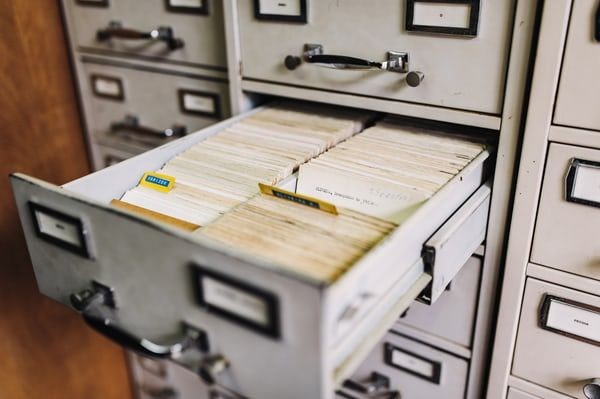Although all fifty states are now open to some degree, most Americans are still largely staying home. If you're spending more time in your house these days, now is a great time to get some financial affairs in order and clean up your records. Not sure what you need to keep and what can go? We can help.
What Can Go?
The average person holds on to way more financial paperwork than they need. Here's what you can recycle:
-Marketing materials or advertisements from your bank. If you get paper statements, you probably are receiving lots of other things with them too. You can toss envelope stuffers.
-Paid bills. Once you have paid them, bills can be shredded and recycled. If you need to prove residency for some reason or might want them for tax reasons (this is mainly relevant for people who are self-employed), you can keep a month or two, but you won't need all of them.
ATM receipts. Once you take a look at your bank statement and make sure the ATM receipt matches up, you can shred these and recycle them.
Credit Card Receipts. You will only need these if you want to deduct the expense from your taxes. Otherwise, just double check your credit card statement and make sure everything matches up, then shred and toss them.
-Pay Stubs. Keep pay stubs for one year, but if they are older than that, they won't be useful to you. Go ahead and shred them!
-Bank and Credit Card Statements that are over a year old. If you receive paper statements, you might be tempted to hold on to them, but you won't need these for longer than a year. If you have access to your statements online, you can get rid of them sooner.
What Should Stay?
There are a few things that you shouldn't get rid of. Here's what you should keep and file safely:
Unpaid bills. Keep your bills until they are paid up, and keep them organized in a file together. Clean it out once they are paid.
Tax return. You should keep your last tax return in case you need it for proof of income. Keep it in a separate file from bills that need action.
Estate Planning Materials. You should keep your will in a secure location that your attorney can access, which could be their office.
Home Records. It's important to make sure you have records of your mortgage and deed if you are a homeowner. If you're a renter, keep a copy of your lease or make sure you can easily access it online.
Loan Statements. Keep loan statements for one year, and then get rid of them unless you have fully paid off the loan and would like to be able to demonstrate that. You won't need paper copies of your loan statements if your receive them electronically.
Brokerage Statements. If you have a brokerage account, you can keep paper copies of statements for one year, but after that you can shred them. If you have access to statements online, there's no need to keep them at all.
Want more exclusive financial content, loan and aid tips, and help with government services? Join tens of thousands of Skip Plus members today, free for 15 days!


